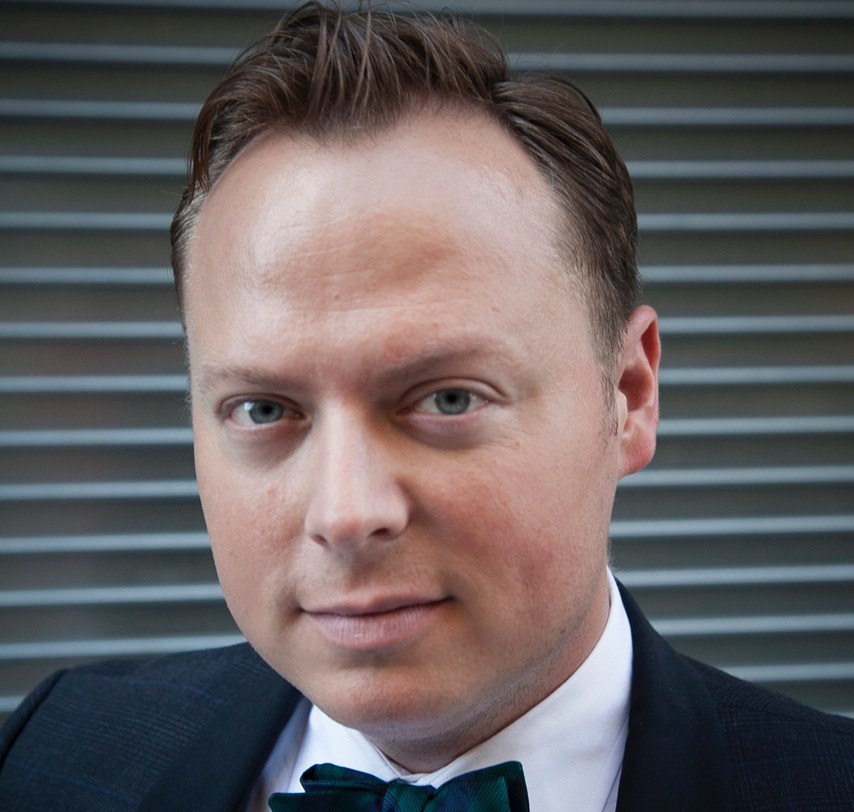This "Philanthropunk" Heir Has a Big Goal: A Toilet in Every Home
/
 As slogans go, "a toilet in every home" might not have the same allure of “a chicken in every pot,” but John Kluge Jr. is not hunting for style points. In 2008, the adopted son of the late billionaire television magnate John Werner Kluge was traveling in the Central African Republic, contemplating becoming a journalist, when fate saved him from an awful career choice.
As slogans go, "a toilet in every home" might not have the same allure of “a chicken in every pot,” but John Kluge Jr. is not hunting for style points. In 2008, the adopted son of the late billionaire television magnate John Werner Kluge was traveling in the Central African Republic, contemplating becoming a journalist, when fate saved him from an awful career choice.
Kluge was struck by the total absence of bathroom facilities in the village he was visiting as well as a nearby camp for refugees from Darfur in neighboring Sudan. "People were very sick," Kluge recalls, due to the lack of sanitation. The experience helped push him, he says, "from being less of an observer and more someone who rolled up his sleeves and got his hands dirty."
Thus was born Toilet Hackers, which Kluge co-founded with Michael TS Lindenmayer, his partner in their philanthropic venture company, Eirene. Their goal: To provide better sanitation for the estimated 2.6 billion persons with no access to toilets and to cut the estimated yearly 750,000 deaths of children due to lack of sanitation.
Kluge, a self-described “philanthropunk” who turns 31 in June, has spent $800,000 thus far on the loo launch and devotes much of his time trying to marshall more resources from the Bill and Melinda Gates Foundation and other funders invested in health issues. "I think about human waste all the time," Kluge says.
Toilet Hackers has focused its work in three areas. First, innovation: In partnership with the World Bank, Kluge staged a worldwide Toilet Hackathon, using the Silicon Valley "hacking" model to bring together 1,250 innovators in 16 cities spread across 12 countries. The result was 180 different prototype systems for improving sanitation. Six teams have been funded to pursue their projects.
Second, advocacy and awareness. The U.N. designated last Nov. 19 as World Toilet Day, to help mobilize efforts to galvanize public support. "The biggest enemy of waste sanitation is silence—people do not want to talk about it," says Kluge. Third, projects on the ground. Current projects in India, Kenya and Indonesia range from encouraging entrepreneurship in sales and management of in-home toilets, training salespeople on the advantages of liquid soap, and changing attitudes toward hygiene by mobilizing young girls to demand better sanitation.
Behavioral change is perhaps the biggest hurdle. "This is not just about giving everyone a toilet," explains Kluge. If people don't want toilets, then the millions of unsafe and unsanitary latrines need to be serviced. Maybe children are scared of the deep bowl. "Just providing a toilet won't change behavior," he adds. "Sensibilities have to be addressed."
The Columbia University grad believes that good sanitation leads to better health and improved chances for education. In a way, it’s reverse alchemy, turning his gold into waste so that lives are not wasted.
Toilet Hackers takes a lot of Kluge's time, but it's not the only philanthropic song on his punk playlist. Even if he could rest on daddy's once-$6.5 billion fortune, which he cannot, Kluge is not disposed to sit on his assets. Stay tuned for more on Junior.








